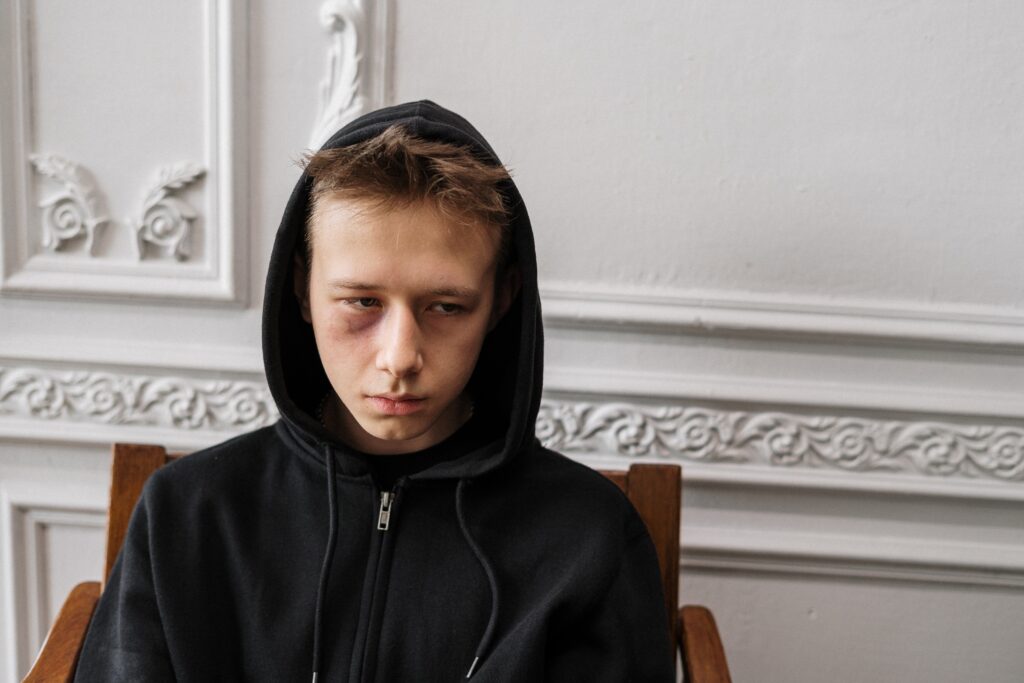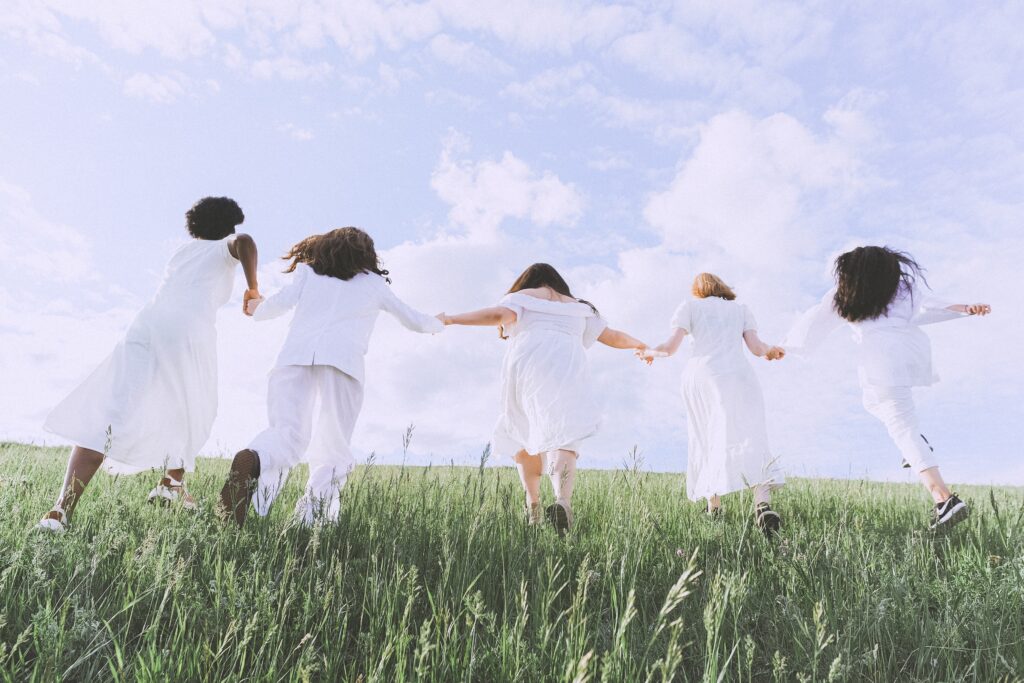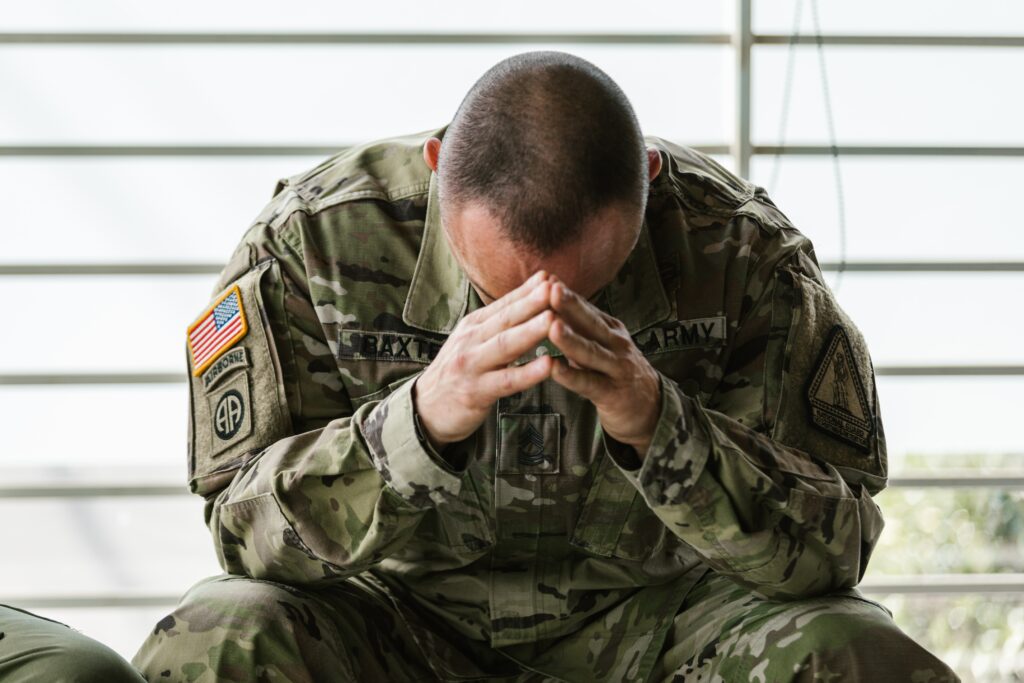6 Sad Things People With Traumatic Childhoods Do

This article is for informative purposes only and is not intended to diagnose or treat any condition. Please reach out to a qualified mental health professional if you are struggling.
Traumatic events are extremely tough to deal with, especially if they happen at a young age. Often times, the effects from these events can show themselves later in life even many years after the traumatic event or events occurred. To better understand how trauma can show itself later in life, in this article, we will be looking at 6 sad things people with traumatic childhoods do.

Please note that trauma is a complex topic with many different levels and impacts on a person. Not everyone who has experienced a traumatic childhood experiences the same problems later in life. However, research has identified patterns that are likely to show up.
1. They Experience Emotional Problems
Many people who have had chaotic and traumatic childhoods will carry their experiences with them later in life. Those who have been through tumultuous experiences have a higher tendency to be diagnosed with one or more mental health disorders, ranging from post-traumatic stress disorder (PTSD), major depressive disorder (MDD), or generalized anxiety disorder (GAD) (Morin 2020). They may find it difficult to regulate their emotions and can be constantly on edge or over reactive in situations. Seeking professional help to manage and cope with these emotions is crucial.

2. They Often Have an Insecure Attachment Style
Attachment styles are the way that people form connections with the people close to them. Typically these attachment styles are formed during a person’s early childhood and are believed to be influenced by the relationship between caregiver and child. A secure attachment style is typically associated with a healthy connection between caregiver and child and is something that persists in other types of relationships (NCTSN 2018). However, if the relationship is rocky between a child and someone who is significant in their life, then the child may develop an insecure attachment style. Some may be “clingy” to others and fear abandonment, while others may push others away if they feel that they are getting too close to them (Morin 2020). These all make it difficult to form and maintain healthy relationships.

3. They May Partake in Reckless Behavior
People who have experienced traumatic events during childhood have higher tendencies to engage in dangerous and risky behaviors (SAMHSA 2021). They may find themselves committing illegal acts and thus end up in a correctional facility. In other cases they may be overly sexual, even at a very young age (SAMHSA 2021). Furthermore, people with traumatic childhoods may have difficulties regulating their emotions and intensely lash out at other people which can be unpredictable and out of proportion given the situation.

4. They Have Physical Problems
While trauma is typically thought of as psychological, it can also lead to physical effects as well. They may be at an increased risk of severe health problems like heart attacks, strokes, or other serious illnesses (Lesser 2021). Additionally, they may physically react to stressful situations in proportions inappropriate to what happened. For instance, experiencing hyperventilation over a minor inconvenience (NCTSN 2018). In other cases, they may find themselves overly sensitive or under sensitive to stimuli such as having an extremely high pain tolerance even in situations where pain is expected (NCTSN 2018).

5. They May Have Thinking Difficulties
Dealing with trauma at an early age can affect how someone develops cognitively over time. They may find it more difficult to take in information and find it difficult to plan ahead (NCTSN 2018). When under stress, they may find it hard to deal with their situation and to think their course of action through. Their brain may be more focused on immediate survival, that it becomes difficult to shift the focus to other areas (NCTSN 2018).

6. They May Misuse Substances
Coping with traumatic issues that happened at a young age can lead to issues with addiction later on. People may partake in substance abuse as either a coping mechanism to numb their feelings or as a risk-taking activity (NCTSN 2018). This can lead to further reckless behavior that may come with dire consequences.

While childhood trauma is extremely difficult to deal with at the time, it can be even long after childhood. On the brighter side, mental health treatment is always an option to help make life more manageable. Getting in touch with the right mental health professional can be a great first step towards getting your life on track. We thank you for reading this article and encourage you to leave your thoughts on it in the comment section. Take care!

References:
- Lesser, B. (2021, May 13). The Problems Adults who Struggled with Trauma as a Children Face. Dual Diagnosis. dualdiagnosis.org/psychological-trauma-drug-addiction/problems-facing-adults-who-struggled-with-trauma-as-a-child/
- Morin, A. (2020, June 30). The Effects of Childhood Trauma and What Can Help Alleviate Them. Verywell Mind. www.verywellmind.com/what-are-the-effects-of-childhood-trauma-4147640
- NCTSN. (2018, June 11). Effects of Child Trauma. The National Child Traumatic Stress Network. www.nctsn.org/what-is-child-trauma/trauma-types/complex-trauma/effects
- SAMHSA. (2021, September 16). Recognizing and Treating Child Traumatic Stress. www.samhsa.gov/child-trauma/recognizing-and-treating-child-traumatic-stress


Responses